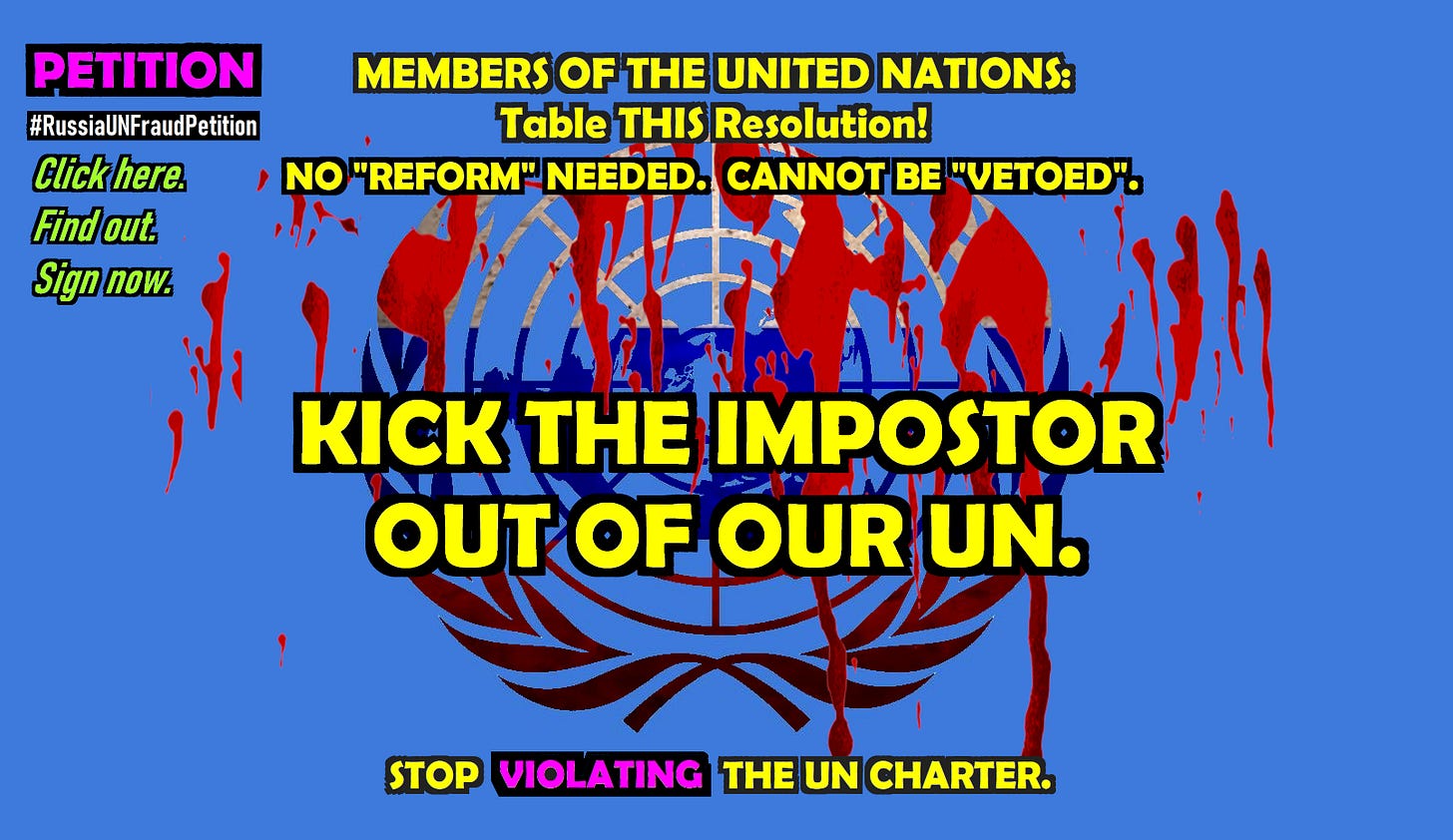Excess Wealth Tax is Better Than Capital Gains Tax. Here's Why. | Knowledge is Power
“Wealth tax” is a manipulation of the concept’s appearance to make it look undesireable. Let’s call it by its real name: EXCESS wealth tax.
“Wealth tax” is a manipulation of the concept’s appearance to make it look undesireable. Let’s call it by its real name: excess wealth tax.
Here is the economic reason for the world’s dire economic and political state.
(Complementing the dovetailed removal of human rights - economic and political1, enabled and driven by most fundamental, the removal of our right to the truth2.)
The reason countries are in economic disaster is not government policies which benefit the poor. Or government policies which benefit everyone. Both of those create economic growth, and wealth.
It’s government policies which benefit the super-rich, or more aptly named, the malignant greedy. Who do not create wealth, but extract it from those who create it - the workers, the inventors, the entrepreneurs who start and grow new businesses offering real growth; and from everyone else by price-gouging and destruction of our health and environment, and civil and political rights and protections. The super-rich shut down competition and protection of others which threaten their wealth. Because the primary goal of the malignantly greedy is to take as much wealth from everyone else as possible. Their mentality is that of the criminal, not of normal people.
So, why not tax the excess wealth itself, instead of the creation of wealth? Or just changes in it?
We don’t want to stop means of gaining wealth, we want to encourage that. Everyone should have wealth! Without wealth there is no personal security and no ability to create wealth. Give a poor person security and opportunity, and they will want to improve. Wealth is essential!
And — the malignantly greedy can and will restructure their behaviours to choose different means of taking wealth, so the only ones penalised are everyone else.
We only want to target excess wealth.
That is where the focus must lie when considering how to remedy countries’ economic disasters.
Capital gains tax, like income tax, targets those struggling to establish their own security. It impedes advancement. They can’t afford expensive accountants to evade it. Thus it is a barrier to wealth equalisation.
Excess wealth tax, as it says, targets only those with excess wealth.
Capital gains can be hidden by accountants, unrealised.
Wealth can’t be so easily.
Transaction taxes - again, can be avoided by the wealthy, but not by everyone else.
Council/local authority rates - a selective wealth tax that disproportionately disadvantages the poor and single home owners
Here’s a graph of the
What are the counter-arguments?
“We can’t value wealth”
Oh yes we can.
The real problem isn’t that wealth is hard to define, it’s that we’ve allowed the richest people to structure their finances in ways that deliberately obscure ownership, income, and accountability. What the assertion fails to identify, and in fact perpetuates, is the idea that this opacity is just an unfortunate technical hurdle. It’s not. It’s a policy choice, enabled by decades of legislation written to protect capital from scrutiny. And the solution is simple: if profits are being made and we don’t know who is claiming them, we tax those profits at 100% until someone comes forward. That one rule would end the game of hide and seek overnight. Because the only reason to hide profit is to avoid responsibility for it, and in a fair system, you shouldn’t get to keep what you apparently "don’t own".
Any problems of ownership and valuation should not be an excuse to not tax wealth. Capital gains are means for startups to obtain wealth. Taxing the means to obtain wealth (including wages) should be avoided as it is a barrier to productivity; the emphasis should be on excess wealth, because that is where the fruits of production are accumulated excessively. Allow wealth to be accrued but not too much. Tax idle excess wealth higher than excess wealth utilised in real production (as opposed to rents).
Ownership: It seems just a pen stroke to require registration of ownership. Then just tax the registered owners and let them pass it on, unless someone else comes forward. If it come to a forced sale, the ultimate owner can register and pay the amount owing, plus costs of enforcement, to release it. Just make sure enforcement is timely so the debt is recoverable. What are the super-rich going to do? Get one set of different trustees (who don't own any other property) for each property they own? That's going to be pretty funny. Also, tax wealth funds, not individual holders. That should incentivise small investors to avoid them. Have an "unless" tax: put the onus on the owners to identify themselves if they want lower tax.
Valuation: councils have been valuing properties for decades. What problem. Same for shares and equities , tax them on a daily valuation basis over the year - easy for a computer. Businesses - are valued every day. Controlling shares - simply use a formula based on the taxable profit of the company plus benefit of loans to owners. Let’s have some consistency instead of condoning fraud: . Insurance valuations and valuations to obtain those loans should be the basis of taxes. Nothing is magic or insurmountable.
Don’t let the perfect be the enemy of the good
It doesn't matter if we capture every penny of net worth (or the value of their spoons) for tax purposes - that's just a classic case of letting the perfect be the enemy of the good. Property and land values are straight forward, there's a whole profession dedicated to it. For debating the value of the assets and tracing ownership of companies, UK’s HMRC already have the High Net Worth (HNW) unit and the Offshore, Corporate and Wealthy unit (OCW) unit to investigate these things. Let's get the ball rolling instead of standing around doing nothing debating the value of spoons.
There is probably an insurance policy on that expensive piece of art against theft / damages, it can be set as the price level for taxation. And for stock holders they get a yearly report with the latest portfolio valuation. In The Netherlands that's used as the basis for taxation. There's a imagined-performance (set by the government) and that is being taxed.
“It will stifle economic growth”
Here I simply quote a comment on the Gary Stevenson video below. I can’t improve on this.
“neoliberalism dismantled the post-war social-democratic policies that brought about the most stable and sustained period of economic growth in modern history.
“Why not talk about the fact that English rivers are now full of sewage, the result of a broken privatised water system? A system that’s handed billions in profits to shareholders while neglecting vital infrastructure. Costs to the public have soared, while investment has been minimal and maintenance ignored.
“Those post-war policies were designed in response to the crises of the 1920s, ’30s, and ’40s. They recognised that unless you regulate the banks, provide strong social safety nets, and prevent billionaires from monopolising the economy and politics, you will end up with the kind of extreme inequality, instability, and social collapse we’re seeing now.
“And when that collapse comes — and it’s already beginning — the billionaire class, already hoarding most of the power, will do what it always does: protect its interests by bankrolling parties and policies that drag society further and further to the right. That path leads straight to authoritarianism. It leads to fascism.”
TBC
This is a stub, just notes at present. I will expand and develop it as I have time. I will send a note when it is updated.
Further material:
MSN Article 2025-07-19: “We Asked ChatGPT What Would Happen If Billionaires Paid The Middle Class Tax Rate“
MS copilot summary (misses out many points, but mentions two):
“💰 Public Support for Wealth Taxes A substantial majority—about 75% of Americans—support higher taxes on the wealthy. Even among millionaires in G20 countries, 58% are in favor, according to surveys by Patriotic Millionaires.
🏛️ Policy and Lobbying Despite public backing, tax reforms targeting billionaires rarely materialize. One major obstacle is the influence of wealth in politics—wealthy individuals and corporations often fund lobbying and political campaigns that preserve favorable tax structures.
Ms co-pilot “what if”:
🔍 Economic Shifts & Possibilities
💼 Increased Tax Revenue
If billionaires were taxed at the same rate as middle-class earners (around 20–30%), the government would likely collect hundreds of billions in additional revenue annually.
This could fund public services like education, healthcare, and infrastructure.
It might reduce the national deficit or allow for middle-class tax relief.
🏦 Redistribution of Wealth
A more balanced tax system could lead to:
Reduced income inequality
Improved social mobility
Stronger consumer spending, since more money stays in the hands of lower-income earners
🏗️ Market & Business Impacts
Changing how billionaires are taxed might also:
Shift investor behavior, especially with capital gains and estate taxes
Encourage long-term investments over short-term speculation
Lead to more corporate transparency if loopholes are closed
🎭 Social & Cultural Effects
🗳️ Public Trust in Institutions
People may feel the system is fairer, increasing civic engagement and trust in democratic processes.
💥 Political Pushback
There could be intense lobbying against such reforms. Wealthy individuals and corporations may resist changes that reduce their financial advantage.
On the destruction of political rights, and removal of human rights in general, see my series on the destruction of the United Nations - which is the creator and sole protector of human rights, our rights of self-government, and territorial integrity - and the simple, fast remedy. Starting with the #RussiaUNFraudPetition:

See my series on the destruction of our universal human right to information, and how to recover it - starting with
The US-invented "Right to Lie" Isn't Freedom of Expression. It destroys it. | Knowledge is Power
Quietly, in 2012, SCOTUS over-ruled the 9th Commandment, and created a Right to Lie. And everyone worshipped the new idol and called it "Free Speech". And it had a child called Cancel. And Truth and the real Free Speech were quietly buried. And Democracy ended with a whimper.


